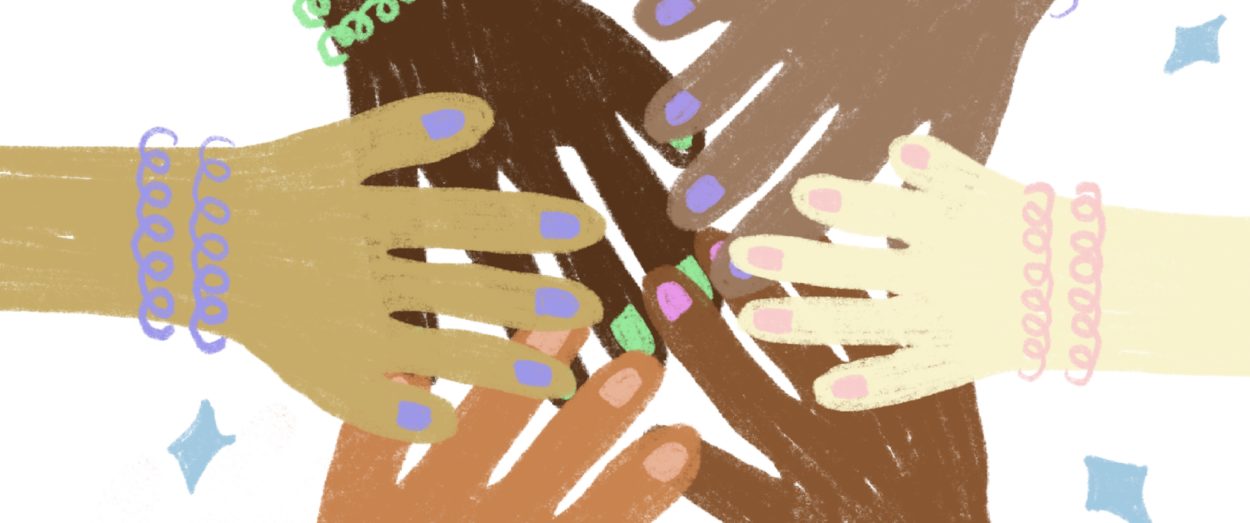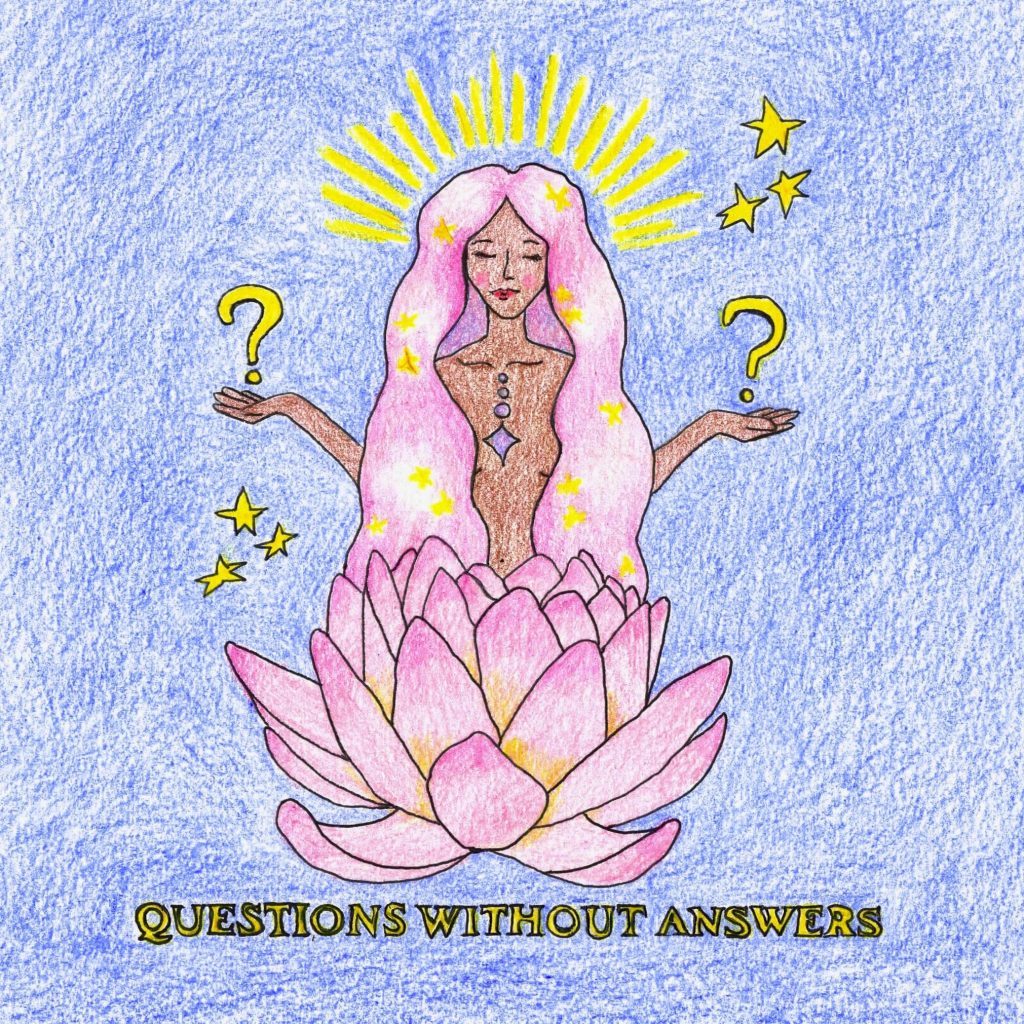Thandiwe Newton has a message for darker skinned actresses:
‘I’m sorry.’

Thandiwe Newton has a message for darker skinned actresses:
‘I’m sorry.’

Questions Without Answers
Each month, Olivia Scher chooses a personal question to ask herself, discussing her ideas, thoughts and feelings about life and the world around us. In exploring a range of topics she dares herself to be brutally honest in the pursuit of insight acquired through questions without answers.
Whilst promoting her latest movie God’s Country, Thandiwe expressed her challenges in navigating Blackness as a light-skinned woman.
Thandiwe’s choice of words have been widely criticised as being insensitive. An emotional and disjointed monologue exclaiming the difficulties of being ‘the chosen one’ did not sit right with many. Rather than securing forgiveness, Thandiwe’s patronising tone and lack of nuance served to isolate her from the very people she was attempting to apologise to. However, her words highlight an important and little understood issue: the supposed interchangeability of the Black and mixed-race experience.
Whether you are mixed-race or not, to benefit from colourism whilst being subject to anti-black discrimination, causes a tension that continues to sit outside many established linguistic norms. Although many mixed-race people identify as Black, existing at the intersection of different cultures, identities and ethnicities is less often recognised as an experience in its own right. Blackness and mixedraceness are often conflated; I’ve used both terms to refer to myself although I’m just as much White as I am Black. Yet it took me some time to get comfortable with the fact that being mixed-race is an experience in and of itself, not just the sum – or division – of two parts.
However, time and again, the diversity of people of colour has been generalised and ignored. By using sweeping terminology propped up by problematic ideas about ‘racial purity’, the language of race implies homogenous experiences; the very term ‘people of colour’ necessarily groups an infinitely wide set of realities as if they were one. In this sense, when a pattern occurs where mixed-race or light-skinned actors become representatives for people of colour, a huge disservice is done. This pattern is slowly changing but still perseveres because of the enduring prevalence of colourism. As an ugly and insidious manifestation of racism, people of colour are set against each other based on the hue of their skin, or more abruptly, their proximity to Whiteness. So, Thandiwe’s disappointment in failing to represent darker-skinned women should come as no surprise to her, or anyone else. Fundamentally, mixedraceness is not merely an extension of Blackness, and so cannot replace it.
Thandiwe’s experience of Racial Imposter Syndrome is not uncommon amongst mixed-race people. Being too Black to be White or too White to be Black is something that I, and many other people of mixed heritage have experienced; there is potential for rejection from ‘both sides.’ Feeling Othered is not uncommon. But underlying this problem is a racist dichotomy and monoracial assumption: you’re either Black or you’re White.
If Thandiwe – a successful, light-skinned, mixed-race woman in Hollywood – is thrown by her supposed ability to ‘take’ roles from darker-skinned actresses, then we have a problem. If this issue has become normalised to a point where there is any element of surprise involved, it’s high time we have a serious discussion about mixed-race identities, colourism, and black/white dichotomies. She’s not wrong that it’s a great thing for women of colour to find success in the acting business. But this is vastly over simplistic.
Thandiwe’s emotional outburst calls attention to the fact that mixed-race struggles must be recognised in their own right. However, in her choice of words and lack of tact, she was undignified towards the people who actually bear the brunt of colourism: dark-skinned women. Unsurprisingly, taking up space that is not yours, and then exclaiming that you ‘didn’t mean to’, just isn’t good enough.
To be a victim of anti-black discrimination whilst occupying a privileged status relative to others also under that umbrella, calls for much discussion. But there’s a big difference between speaking your truth whilst recognising your privileges and being outright blind to them; the words ‘wilful ignorance’ come to mind. Thandiwe needed to contextualise her thoughts in the wider conversation of colourism. And she didn’t do that.
Header by Peggy Mitchell, one of our brillianr
Leave a Comment